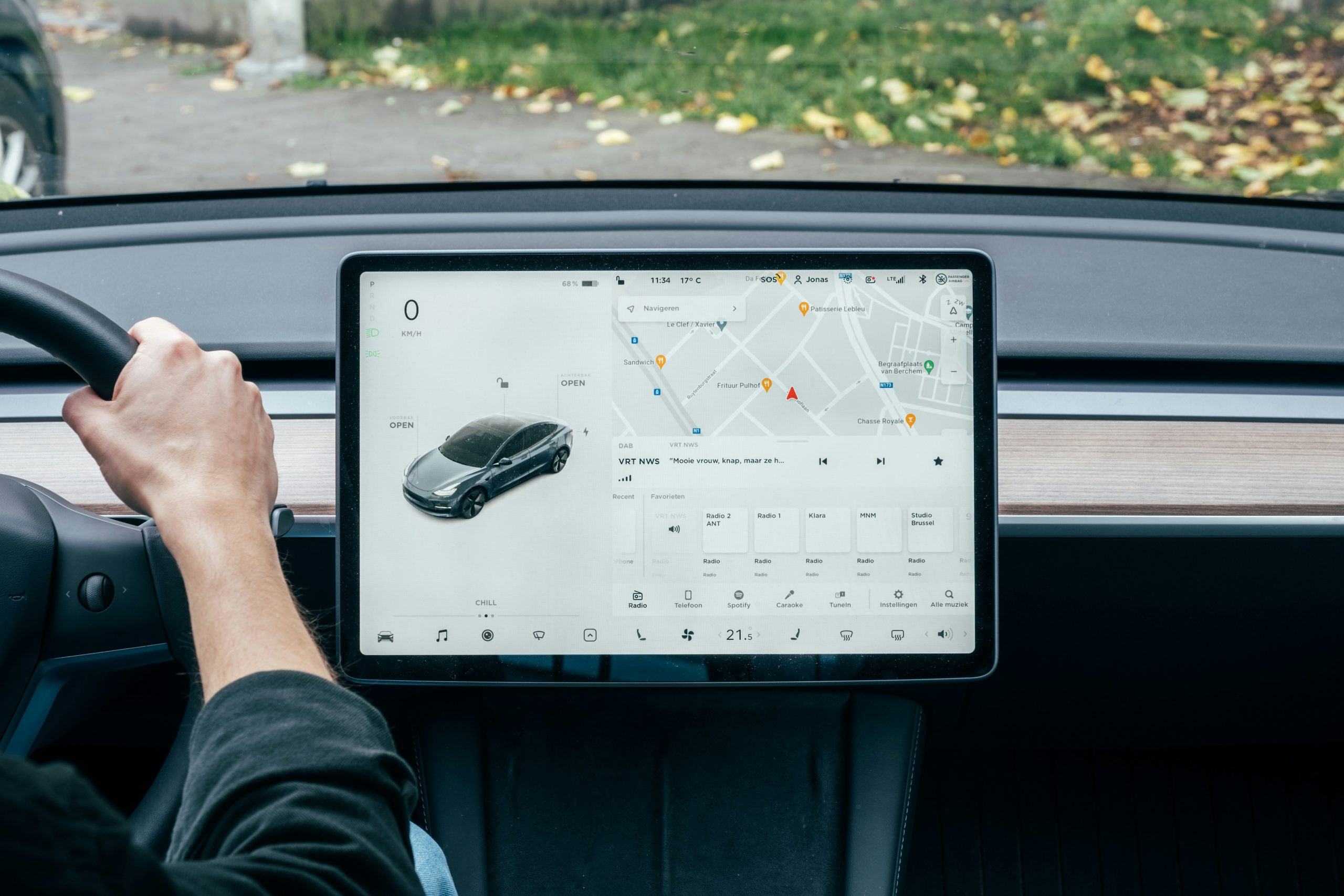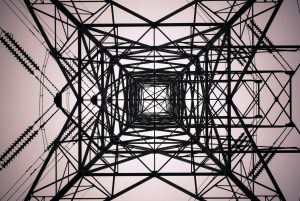Understanding Different Types of Electric Vehicle Chargers
Welcome to the era of electric vehicles! As we continue to move towards a sustainable future, the demand for electric vehicles (EVs) has risen significantly. With this surge in popularity, the need for efficient and convenient charging options has also increased. This is where different types of electric vehicle chargers come into play. If you’re new to the world of EVs, understanding the different types of chargers can be overwhelming. Don’t worry, this article will guide you through the various types of electric vehicle chargers, their features, and how they work.
The Basics of Electric Vehicle Chargers
Before we dive into the specifics of different types of EV chargers, let’s establish a basic understanding of how electric vehicle charging works. Similar to refueling a gasoline car, EVs require charging to power its battery. Depending on the type of charger and battery, the time taken for a full charge can vary from a few hours to several hours. The charging process for an electric vehicle is categorized into three levels – Level 1, Level 2, and Level 3.
Level 1 Charging
This is the most basic form of charging, often referred to as “trickle charging”. Level 1 chargers use a standard 120-volt outlet and can be plugged into a regular household socket. However, this type of charger is the slowest, taking approximately 8-14 hours to fully charge an EV. It is best suited for overnight charging since it does not require any special installation or equipment.
Level 2 Charging
Level 2 chargers use a 240-volt outlet and require installation by an electrician. This type of charger is much faster than Level 1, cutting the charging time to about 4-6 hours. Most public charging stations, workplace charging stations, and home chargers fall under this category. Level 2 chargers are also compatible with most EVs, making it a popular choice for everyday use.
Level 3 Charging
Level 3 chargers, also known as DC fast chargers, are the fastest and most powerful charging option for EVs. They use high-voltage direct current (DC) to charge an EV battery. This type of charger can provide an 80% charge in just 30 minutes, saving a substantial amount of time. However, Level 3 chargers are not as widely available compared to Level 2 chargers and require specialized equipment and installations.
Types of Electric Vehicle Chargers
Now that we have covered the different levels of charging let’s take a closer look at the types of chargers available in each category.
Level 1 Chargers
Level 1 chargers come with a basic cord set that can be plugged into a 120-volt outlet. They are usually included when purchasing an EV and can also be purchased separately. Level 1 chargers are not specialized for any particular model and can be used for all EVs that have a standard plug. Some of the popular Level 1 chargers include:
Level 2 Chargers
There are various types of Level 2 chargers available, each with its own unique features and specifications. Some of the most common types include:
Plug-in Electric Vehicle (PEV) Stations:
This type of charger is typically used for residential and commercial purposes. It has a maximum power output of up to 80 amps for faster charging.
Wall-Mounted EV Chargers:
These chargers are designed to be mounted on a wall or pedestal. They are compact and perfect for home use due to their ease of installation.
Corded EV Chargers:
Corded chargers come with a charging cable attached to the unit. They are more convenient to use as they eliminate the need for carrying charging cables separately.
Level 3 Chargers
DC fast chargers, also known as Level 3 chargers, are the most advanced and fastest charging option for EVs. Here are some of the most widely used types of Level 3 chargers:
CCS (Combined Charging System):
This type of charger is the most commonly used for Level 3 charging. It provides both AC and DC charging capabilities and is compatible with most EV models.
CHAdeMO (Charge de Move):
CHAdeMO is another popular fast charging option for EVs. It is mainly used by Japanese and Korean EV models, and can also be used for DC fast charging.
Tesla Supercharger:
This charger is specifically designed for Tesla EV models. It provides up to 80% charge in 30 minutes and is only compatible with Tesla vehicles.
In Conclusion
Choosing the right type of electric vehicle charger depends on various factors such as the EV model, charging time, and charging location. It is essential to understand your EV’s charging needs and the different types of chargers available to make an informed decision. With the increasing popularity and availability of EVs, the future of electric vehicle charging looks bright and convenient. So, which type of electric vehicle charger will you choose for your EV?










